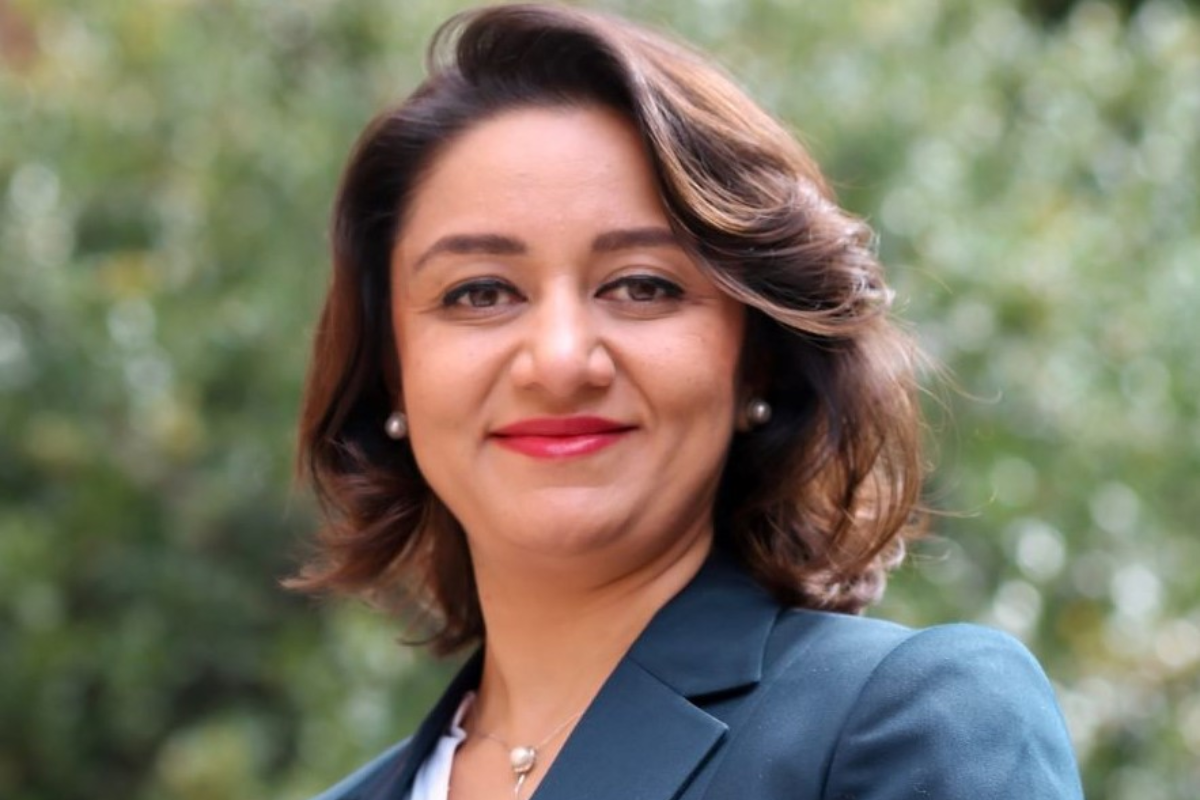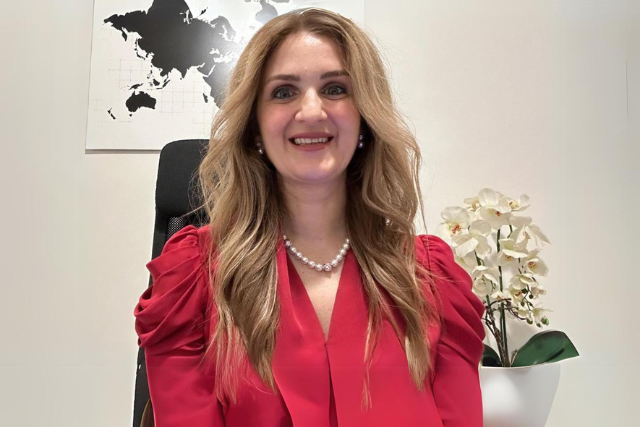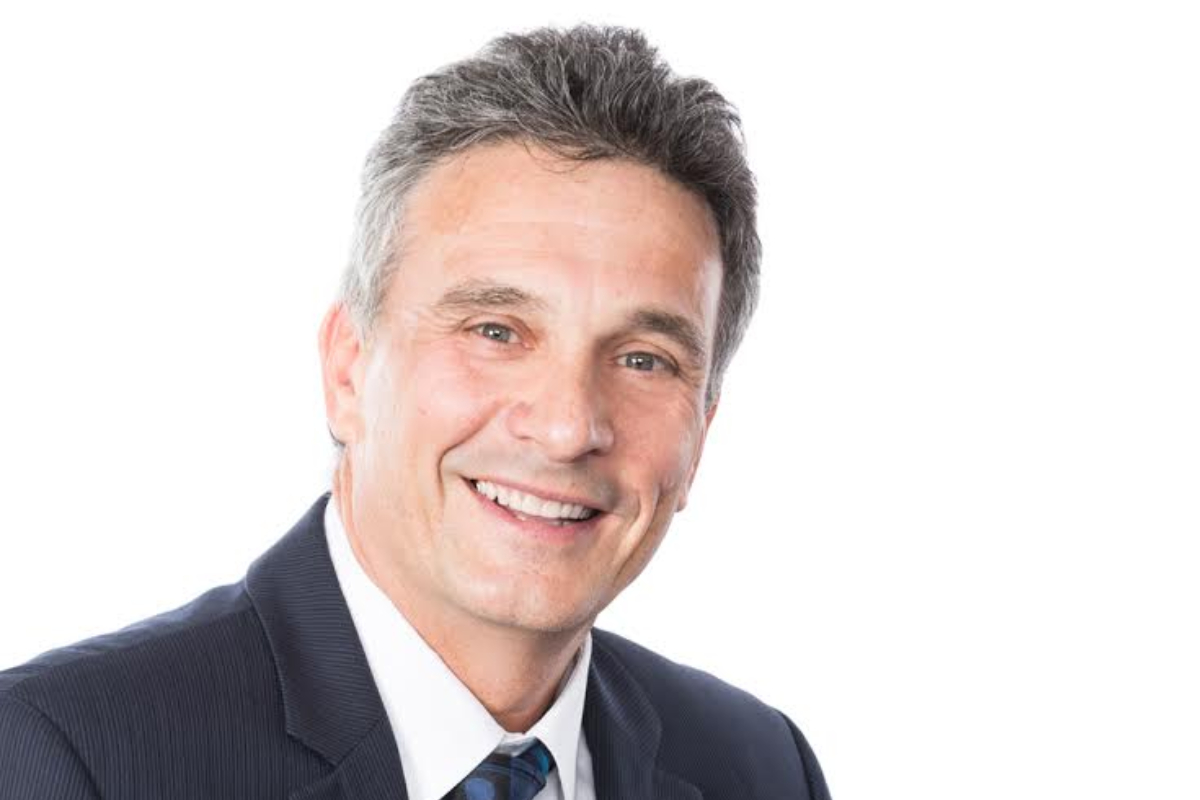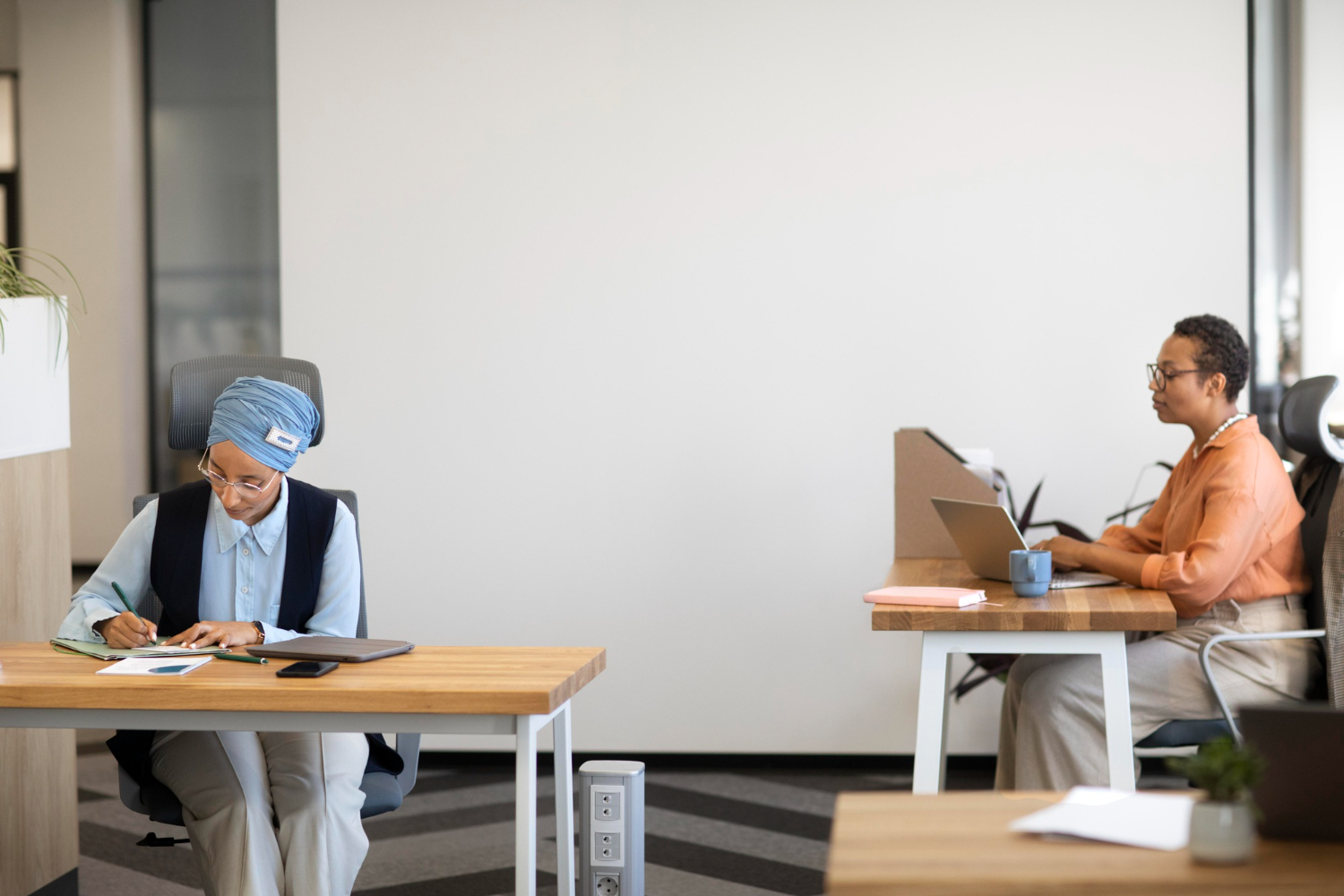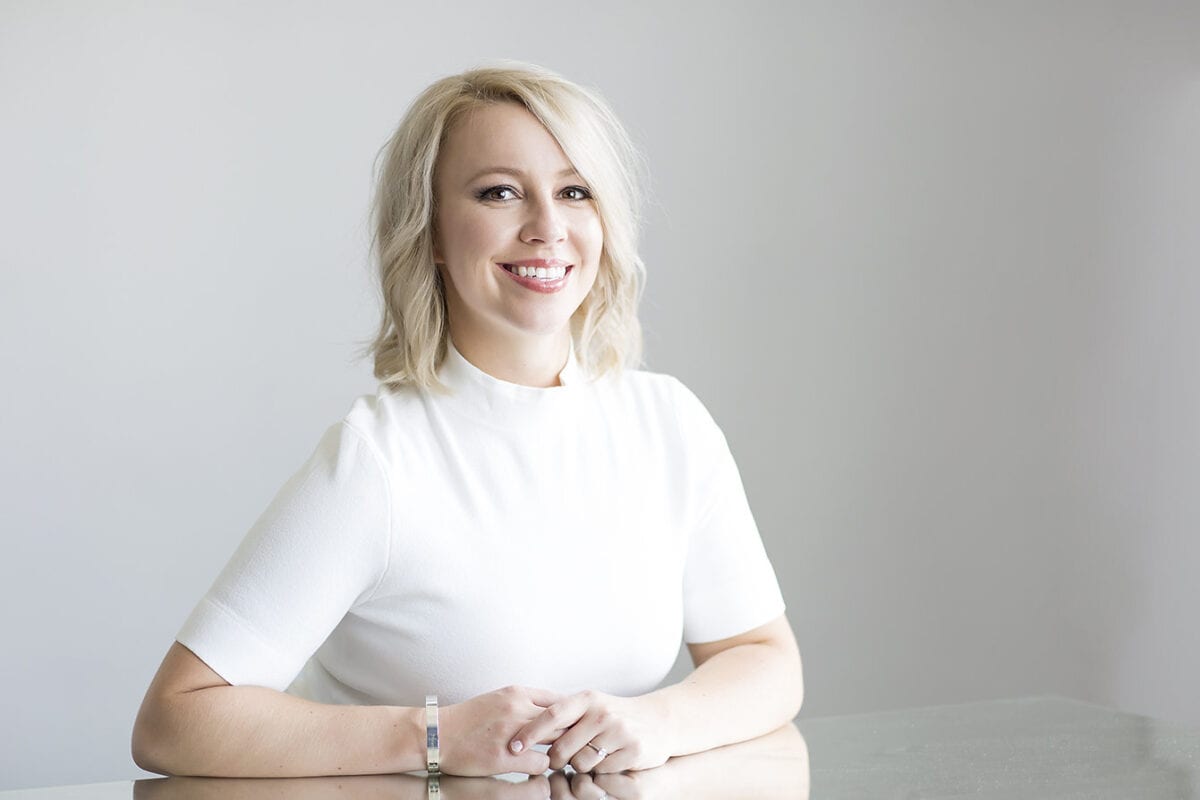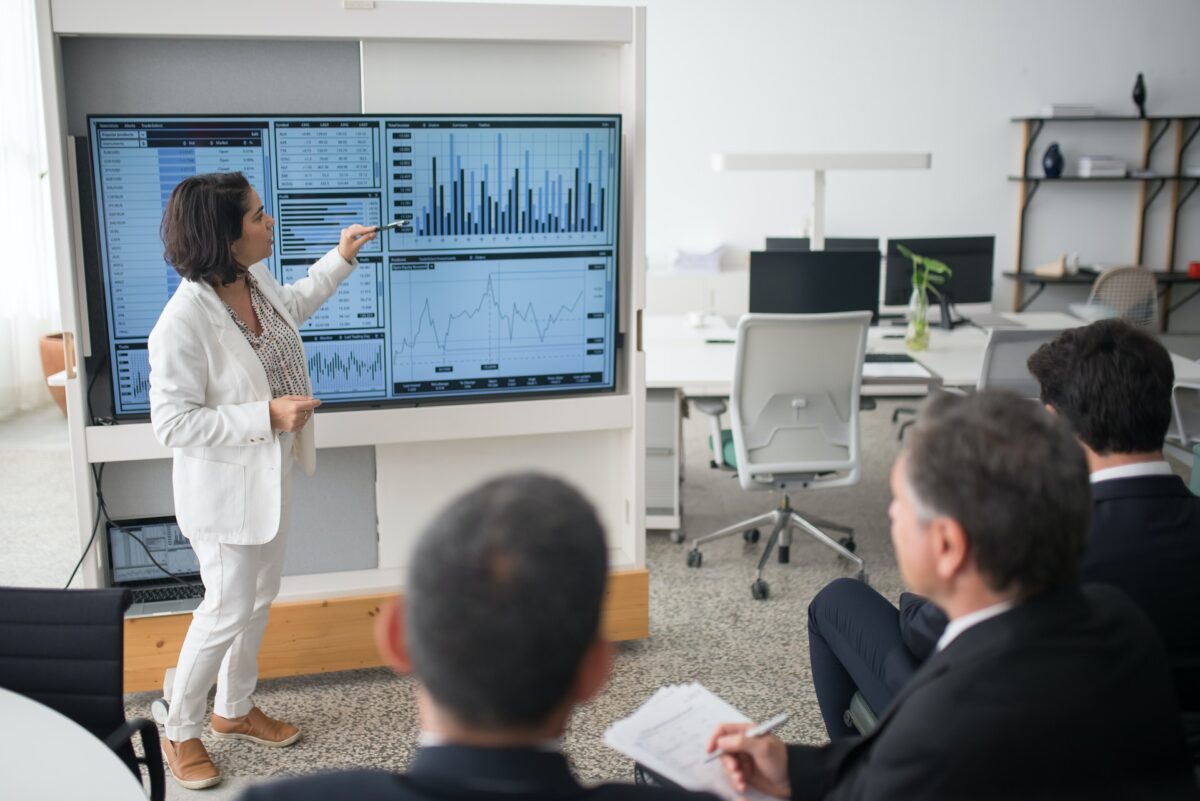Roya Rahmani’s story is one of inspiration – from growing up in war-torn Afghanistan, to making strides in her many diplomatic roles. She’s been an agent of change for two decades, including in the capacity as Afghanistan’s first female ambassador to the United States, from 2018 to 2021.
She is well admired in diplomatic circles, and was recently a guest at 2023’s US State of the Union, her third one to date.
Currently, she works as a distinguished fellow at the School of Foreign Service Institute for Women Peace and Security. In addition, she’s Chair of Delphos International, where she’s been “active in connecting clients to enterprise capital, and financial advisory services, all over emerging markets.”
Rahmani was born in Kabul, Afghanistan, in 1978. Some six years later, the Soviets invaded, and by the time they left in 1989, civil war erupted, and schools were closed for months due to safety concerns. Her family fled to Pakistan in 1993 where she attended a school for refugees.
After winning a World University Service of Canada scholarship in 1999, she attended McGill University, where she earned a bachelor’s in software engineering. She would later attend Columbia University, completing a master’s in public administration and international law.
Afterward, Rahmani worked as the Country Director of the International Center for Human Rights and Democratic Development organization in Kabul, between 2004 and 2007. For her work on a marriage document that secured equitable rights for the family, she was awarded the Best Human Rights Activist Award by Afghanistan Independent Human Rights Commission.
Between 2009 to 2011, she managed a program adopted in eleven countries that promoted women’s empowerment. She also worked for two years as a subject matter expert with the NATO Joint Forces Training Center, and as a consultant with the New York Department of Education, the United Nations Secretariat in New York, the Department of Trade and International Affairs of Canada, Canadian Women for Women in Afghanistan, and other NGOs.
Rahmani served as Afghanistan’s first female ambassador to Indonesia, from 2016 to 2018, where she solidified relations between the two countries, culminating in economic and cultural cooperation.
As ambassador to the US, she held meetings on security issues, and updated the White House on policy positions. In the middle of her tenure, she was featured on Time Magazine’s “100 Next List” as a “fierce advocate of peace on Afghan terms” in 2019.
Afterward, she continued to advocate for women’s rights. “As far back as I can remember, I was obsessed with the view of the norms and rules that discriminated against the genders – the limitations for women and girls. I remember as young as five years old, really questioning these roles and norms. It has shadowed my career, all around my resume.”
Her homeland is “particularly, a country where the violation of women’s rights is happening not comparable to anywhere else in the world.”
She spoke out on this issue during her last visit to Afghanistan in 2020, as the Doha Talks had just concluded between the Taliban and the US government. She said “that agreement was very worrisome” as there was no representation or protection for women. “It was a complete handover of Afghanistan back to the Taliban.”
In contrast, Canada to its great credit has played a role in improving international women’s rights, she believes.
“All the efforts that were made had good results. When Canada funded education programs, all the women benefited from that. That’s going to stay with them for the rest of their lives. They are educated, for generations to come,” she said. “The one suggestion is: they shouldn’t be discouraged when they don’t see media coverage or stories of great things happening as a result of their work. You just have to trust and know you are empowering young girls and women. It has an impact.”
Of critical importance is that women in the developing world need to be taught about tech, finance, and provided economic capital. “That’s going to be a gamechanger. Until we address that, nothing will change.”
Meanwhile, she hopes others will take examples from her achievements, and help move the needle for women’s success.
“As you’ve noticed or can see, in almost every job that I’ve ever held, I have been the first one to do it – or at least the first woman to do it. I hope that will be seen by young girls. I want to show young girls that it’s possible, and maybe help contribute to their confidence – because the ride hasn’t been an easy one.”
Dave Gordon | Contributing Writer

